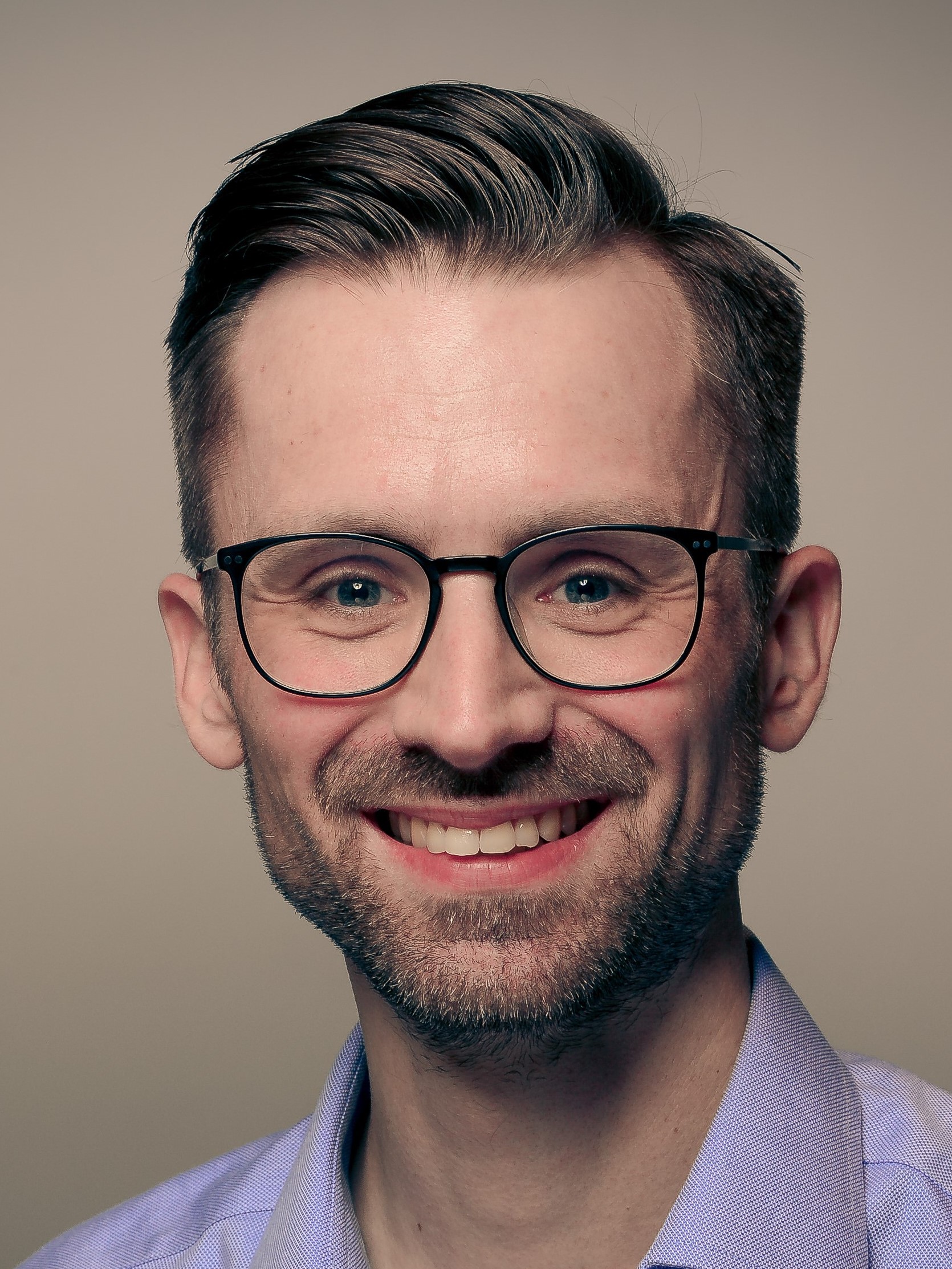SONAR AI - Key Technology for Revolutionary Underwater Surveillance
| Where, When, ... | |
|---|---|
| Presenter | Dr.-Ing. Jens Reermann |
| Affiliation | ATLAS ELEKTRONIK, Bremen, Germany |
| Date | 19.05.2025 |
| Time | 16:00 h |
| Place | Building C, 3rd floor, room "Kolloquium" |
Abstract
 Artificial Intelligence (AI) opens up new possibilities in underwater surveillance and has the potential to fundamentally change established procedures. AI-based systems can automate workflows on platforms, thereby minimizing the need for operating personnel. Moreover, the performance of existing sensors can be significantly enhanced – both in terms of sensitivity and robustness.
Artificial Intelligence (AI) opens up new possibilities in underwater surveillance and has the potential to fundamentally change established procedures. AI-based systems can automate workflows on platforms, thereby minimizing the need for operating personnel. Moreover, the performance of existing sensors can be significantly enhanced – both in terms of sensitivity and robustness.
These theses are exemplarily discussed in the presentation on the following three subject areas of a passive SONAR:
- Event detection and categorization
- Tracking
- Acoustic identification
Classical approaches are qualitatively and quantitatively compared with AI-based approaches, and concrete examples are shown. For example, the false alarm rate in regards to the event detection has been reduced by impressive 98 %. Thus, the theses are not only discussed, but especially confirmed: SONAR AI - Key Technology for Revolutionary Underwater Surveillance.
Short CV
Jens Reermann received the M.Sc. degree in microelectronic systems in 2013 from the University of Applied Sciences Hamburg, Germany and the University of Applied Sciences Westküste, Germany. During his studies he participated in the practical orientated support program of Lufthansa Technik AG. Until 2017, he was a member of the Digital Signal Processing and System Theory Group as well as a collaborative research group (CRC 1261) with emphasis on magnetoelectric sensors at University of Kiel, Germany. In 2017, he received the Dr.-Ing. degree from the University of Kiel, Germany. From 2017 to 2018, he worked as a software engineer for Dräger Safety AG Co. KGaA. In 2018, he joined ATLAS ELEKTRONIK GmbH as a systems engineer. From 2020 to 2024, he led the "Signal Exploitation and Localization" team. Since 2024, he has been working as a technical program lead, in particular as co-leader of the internal R&D program SONAR AI. His main research interests are digital signal processing, SONAR systems, and artificial intelligence (AI).

 On behalf of the members of the Chair of Digital Signal Processing and System Theory, we would like to take this opportunity to wish you all a very Merry Christmas and a peaceful, restful winter break. We hope that this festive season brings you joy, relaxation, and cherished moments with your loved ones.
On behalf of the members of the Chair of Digital Signal Processing and System Theory, we would like to take this opportunity to wish you all a very Merry Christmas and a peaceful, restful winter break. We hope that this festive season brings you joy, relaxation, and cherished moments with your loved ones.